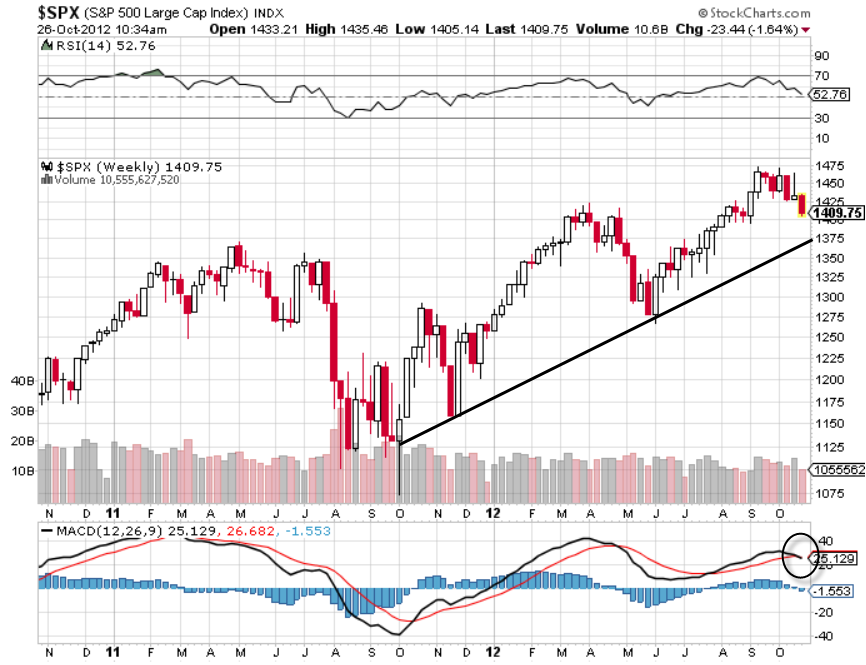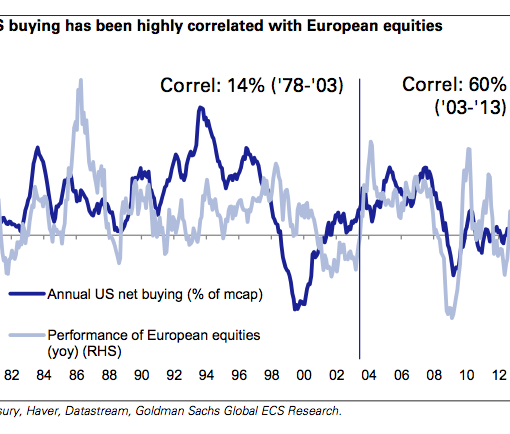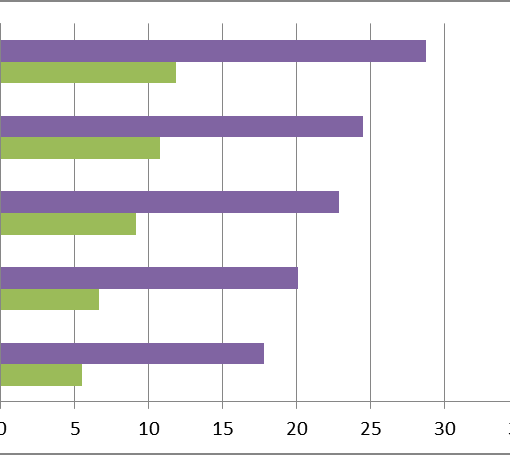The major averages sold off and recovered sharply in the last few weeks. This volatility shows us the speed at which markets can move with the computer trading technology used by fund managers and traders.
We did not participate much in this latest move as stock price breakouts are very tricky to read right now. This makes buying very risky. I’m waiting for the next selling wave.

Pouncing
The traders and investors who did the best bought certain stocks or ETFs when the selling was heavy and when the headlines were spreading fear.
A mistake we made was not focusing on the stocks and ETFs that rebounded first.
The airlines and exchange traded funds such as the SPDR S&P 500 ETF (SPY), the Powershares QQQ Trust Series 1 (QQQ) and the Proshares UltraPro QQQ (TQQQ) had nice gains from the lows of the correction.
I remained in cash as we felt it was a safe place to be, though I tried a few quick trades with limited impact.
The oil and metals sector continues to be depressed with steel stocks adding to the selling pressure reversing recent gains.
Programmed trading
In my opinion, two things are happening in the U.S. stock market: Program trading is reacting faster to incoming data and and market makers no longer can stabilize heavy buying or selling situations in individual securities.
There are several stocks I like as long term situations and will consider buying them if the opportunity arises.
My favorites include Tesla (TSLA), Micron Technology (MU), Yelp (YELP), Workday (WDAY) and Tableau Software (DATA).
I plan to be vigilant if another round of selling materializes. I do not know what will occur only that we hope to ride along with the next major trend.
Photo Credit: Steve C Wilson via Flickr Creative Commons
DISCLAIMER: The investments discussed are held in client accounts as of October 31, 2014. These investments may or may not be currently held in client accounts. The reader should not assume that any investments identified were or will be profitable or that any investment recommendations or investment decisions we make in the future will be profitable. Past performance is no guarantee of future results.




